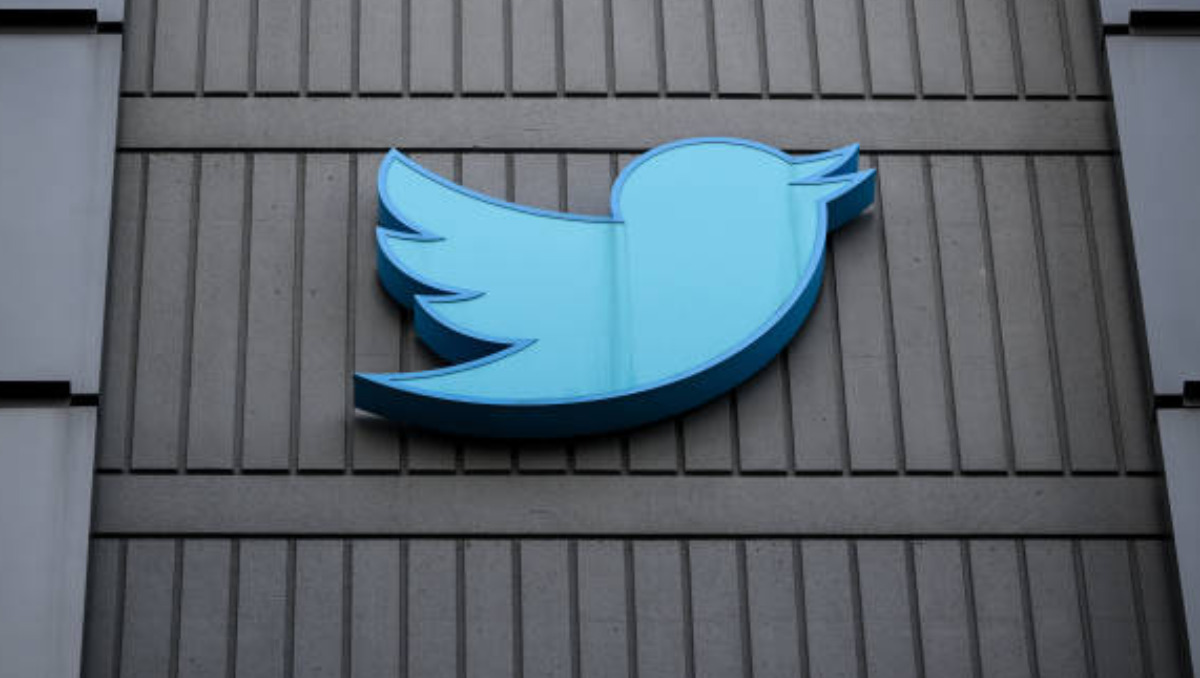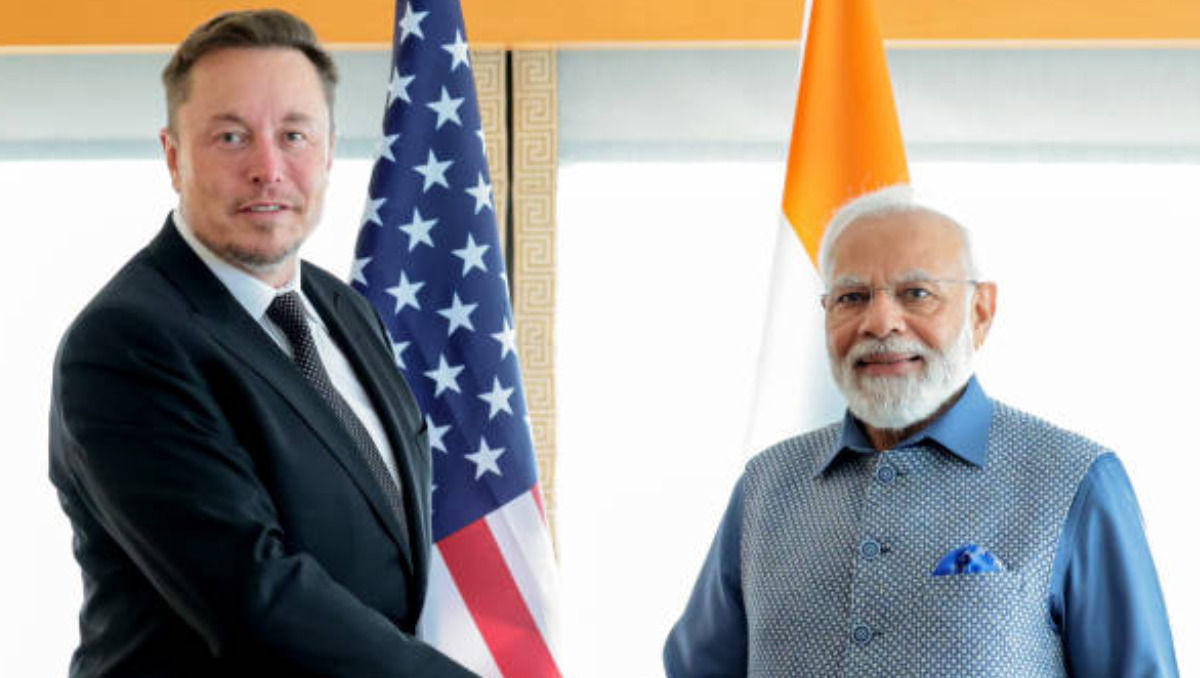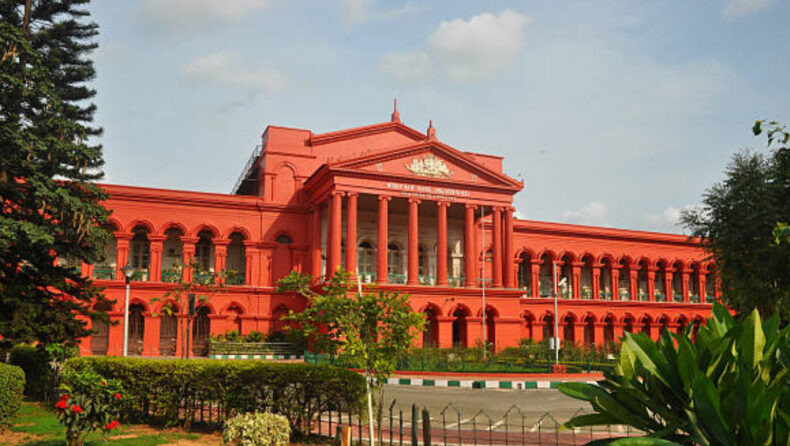Table of Contents
Twitter sued the Indian government in July 2022 for its directives to restrict specific accounts and posts. It was praised as an important litigation by several free speech authorities.
It was the first time a social network business had sued the government over one of its frequently lambasted, capricious, and ambiguous material takedown orders.

The Karnataka High Court dismissed Twitter’s lawsuit last week and fined the corporation 5 million rupees ($61,000; £48,000) for disobeying the challenged orders for more than a year. One estimate places the number of Twitter users in India at around 24 million.
Many experts on digital rights are concerned about the ruling.
The ruling gives the state unrestricted authority to impose blocking orders that circumvent procedural safeguards, according to Radhika Roy, an attorney and spokeswoman for the digital rights group Internet Freedom Foundation.
She continued by saying that rather than stopping “the rampant misuse” of the law to remove unflattering content from the internet, the court ended up legitimising it.
Concerns regarding Twitter’s upcoming shift are expressed by commentators. Will the major social media company challenge the ruling or abide by the takedown orders?
Twitter filed the lawsuit when its former management was in charge. The organisation has cooperated with takedown requests under its new owner Elon Musk.
Following a recent discussion between Prime Minister Narendra Modi and Elon Musk in the US, Mr. Musk declared that the company has no choice but to abide by local regulations or it faces the risk of being shut down.
Since the government has been accused of tightening its censorship of online information in recent years, the current ruling raises questions regarding free expression. Rajeev Chandrasekhar, a federal minister, claims that Indian law must be followed by all international Internet businesses.
While only eight Twitter URLs were restricted in 2014, 3,417 were prohibited in India in 2022.

Facts of the Case:
In India, the information technology law permits the government to restrict internet content that endangers law and order of the country and public order, among other things. Twitter argued that 39 orders by the federal government to limit access to accounts and tweets were illegal.
According to that statement, only certain tweets can be blocked by the government, not entire accounts.
Furthermore, it claimed that the government had failed to provide the necessary justifications for the orders to remove content.
The administration also failed to warn users whose accounts and tweets were being restricted. The administration claimed that the instructions were lawful. It said that “anti-India campaigners” were behind the content that was under scrutiny, and that if they knew that action was being taken against them, they would decide to tweet undercover and do more damage.
The government claimed that it was acceptable that only Twitter was informed of these directives.
Since the law demands that these orders remain private, it is unclear which accounts and tweets were in question.
However, one instance highlighted in the ruling shows that at least one account had tweeted about the farmer protest against new farm legislation the government imposed in 2021.
“Anti-Indian” activists
The government now has the authority to restrict not only individual tweets but also whole accounts, according to the court.
These directives might continue indefinitely. The user is not always required to be informed when the government blocks content, it was also added.
Before a blocking order is issued, individuals or the organisation hosting the information, such as Twitter, must be given notice and an opportunity to be heard in court.
The government may quickly ban a website in an emergency and then provide notice.
Additionally, a justification for why a website required to be restricted must be included in the orders. This, according to Twitter, was absent from the government’s orders.













